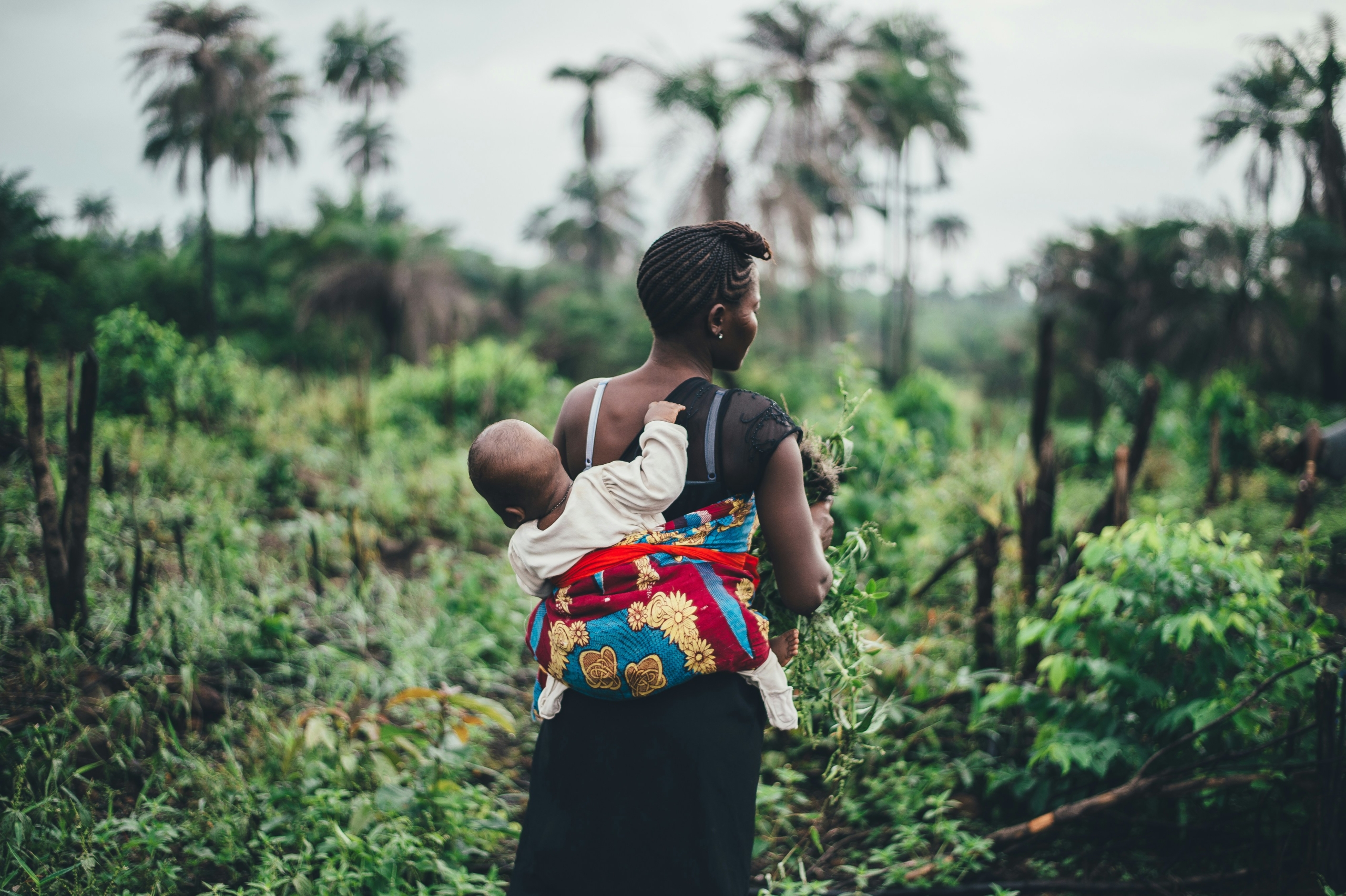Legislation Passed: Child Marriage in Sierra Leone is Banned
 On July 2, 2024, President Julius Maada Bio signed the Prohibition of Child Marriage Act to end the widespread practice in Sierra Leone.
On July 2, 2024, President Julius Maada Bio signed the Prohibition of Child Marriage Act to end the widespread practice in Sierra Leone.
Law That Aims to Protect
In Sierra Leone, a milestone has been achieved in the country; the Prohibition of Child Marriage Act was recently signed into effect, eradicating all child marriages younger than the age of 18. This includes conspiracy, aiding and abetting a child to enter marriage; violators can expect strict penalties if found guilty, with punishments of up to 15 years in prison and approximately $4,000 fine.
Obligations on community and religious leaders will require them to take strong measures so they don’t officiate child marriages and no person is allowed to attend the ceremony involving a child. It will also prevent cohabitation with a child regardless of whether married or not, criminalizing both as offenses.
The new bill contributes to protecting women, girls and children from harmful practices, even employing marriage prohibition officers who will work within communities to advise and issue reports, ensuring the law is being followed.
The Scale of Child Marriage
According to the United Nations Children’s Fund (UNICEF), an estimated 800,000 child brides reside in Sierra Leone, with half having been married before the age of 15 years. Child marriage is common in the country, with 30% of girls aged 20 to 24 years old married before age 18 and 13% married before age 15.
The reasons for child marriage are complex and vary: poverty, education, gender inequality, religion and even inheritance are all factors related to this ongoing issue. Families with limited resources seek to find ways for their children to gain opportunities; by offering a bride in the form of a child, the motivation is not just economic, but also a custom and local practice.
Education, FGM and Risks
The effects of child marriage have been devasting, resulting in many disadvantages for women and girls throughout their lives. Girls are often less educated and unable to complete secondary school, which limits their employment opportunities. This makes them underrepresented in skilled and professional industries and digital literacy, such as the internet, cell phones and technology that can provide them access to more resources and information.
There is also the divisive practice of Female Genital Mutilation (FGM) used to initiate girls into womanhood and prepare them for marriage. It’s a method of suppressing women’s and girls’ sexual urges and keeping them focused on the woman’s responsibilities and duties she will face within her home. According to the 2019 Sierra Leone Demographic and Health Survey, 83% of women and girls aged between 15 and 49 years have undergone FGM.
Final Remark
Additional concerns that must be addressed are fear of retaliation for having a family member imprisoned and increased poverty, which will prevent many from following the new law. Therefore, it will take much involvement from the community for this law to make a substantial impact. The benefits for women, girls and children are great for now. They can finish school, gain more skills and seek opportunities. Most of all, they can enjoy childhood without the pressures of being forced into child marriage.
– Tanita Love
Tanita is based in Chicago, IL, USA and focuses on Good News and Politics for The Borgen Project.
Photo: Unsplash
